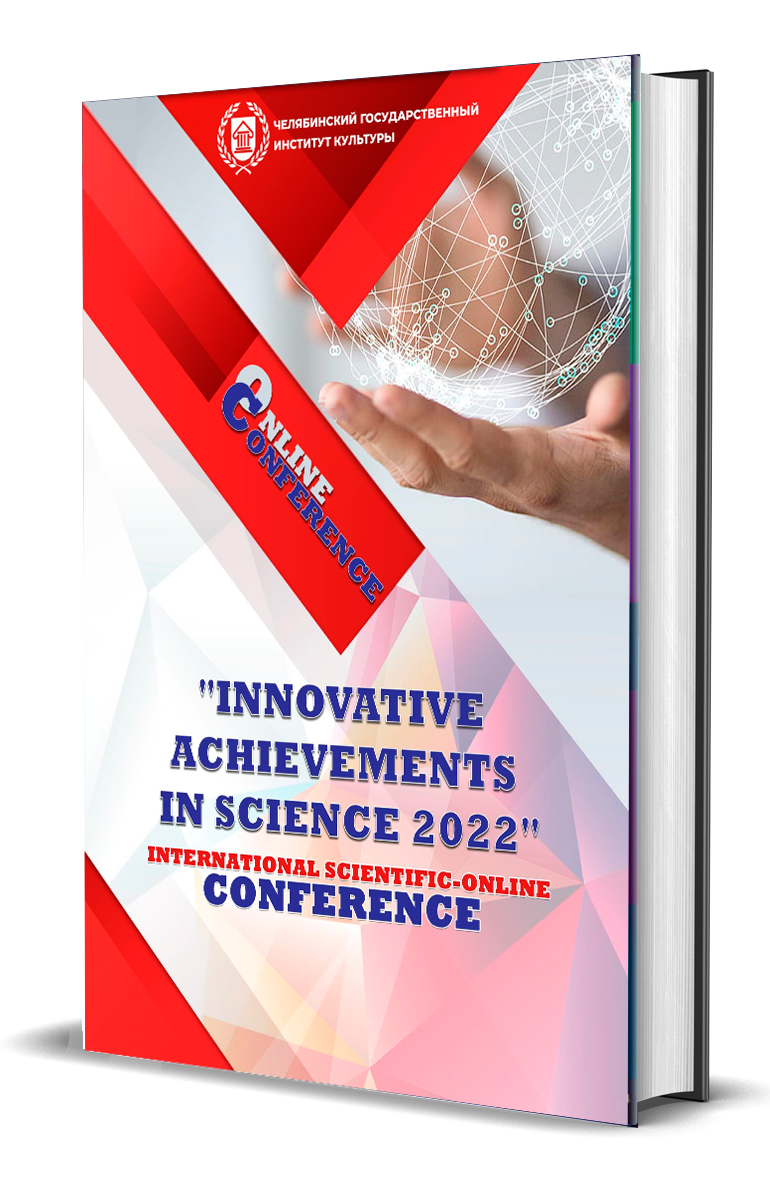THE IMPACT OF ARTIFICIAL INTELLIGENCE IN HEALTHCARE
Keywords:
Artificial Intelligence (AI),Healthcare Technology,Diagnostic Tools,Personalized Medicine,Predictive Analytics,AI in SurgeryAbstract
Artificial Intelligence (AI) is rapidly transforming the healthcare industry by improving diagnostic accuracy, enhancing treatment outcomes, reducing operational costs, and increasing access to healthcare. This article explores the various applications of AI in healthcare, including diagnostic tools, personalized medicine, patient monitoring, and robotic surgeries. The article also discusses the significant benefits of AI, such as improved efficiency, cost reduction, and enhanced accessibility, while addressing key challenges, including data privacy concerns, ethical issues, and the integration of AI into existing healthcare systems. As AI technology continues to advance, its potential to revolutionize healthcare systems worldwide is immense, although significant hurdles must be overcome to ensure its successful and ethical implementation. The article concludes by highlighting future trends in AI-driven healthcare innovation, including AI's role in drug discovery, predictive medicine, and mental health care.
Downloads
References
Topol, E. J. (2019). Deep Medicine: How Artificial Intelligence Can Make Healthcare Human Again. Basic Books.
Esteva, A., Kuprel, B., Novoa, R. A., et al. (2017). Dermatologist-level classification of skin cancer with deep neural networks. Nature, 542(7639), 115-118.
Obermeyer, Z., Powers, B. W., Vogeli, C., & Mullainathan, S. (2019). Dissecting racial bias in an algorithm used to manage the health of populations. Science, 366(6464), 447-453.
Choi, E., Bahadori, M. T., Schuetz, A., et al. (2016). Doctor AI: Predicting clinical events via recurrent neural networks. Journal of Machine Learning Research, 17(1), 1-16.
Jiang, F., Jiang, Y., Zhi, H., et al. (2017). Artificial intelligence in healthcare: Past, present, and future. Seminars in Cancer Biology, 54, 1-11.
Davenport, T., & Kalakota, R. (2019). The potential for artificial intelligence in healthcare. Future Healthcare Journal, 6(2), 94-98.
Rajpurkar, P., Irvin, J., Zin, L., et al. (2017). Deep learning for chest radiograph diagnosis: A retrospective comparison of the CheXNet algorithm to practicing radiologists. PLOS Medicine, 14(11), e1002686.
Liu, Y., Chen, P. C., Krause, J., & Peng, L. (2019). How AI can enhance patient care and reduce errors. Journal of the American Medical Association (JAMA), 322(4), 332-333.
Vincent, K., & Sampson, R. (2020). AI and the future of healthcare: Enhancing diagnosis and patient outcomes. The Lancet Digital Health, 2(3), e141-e150.





